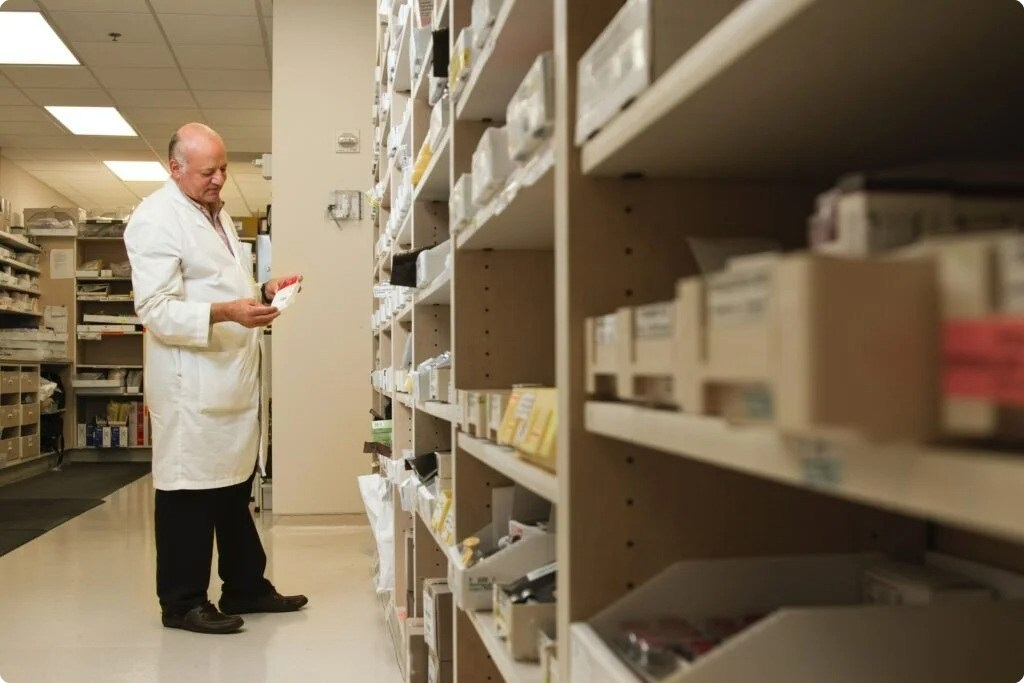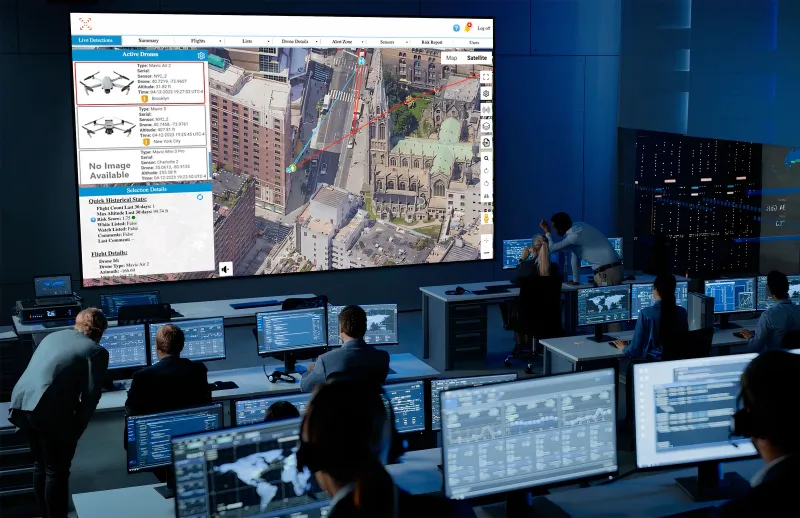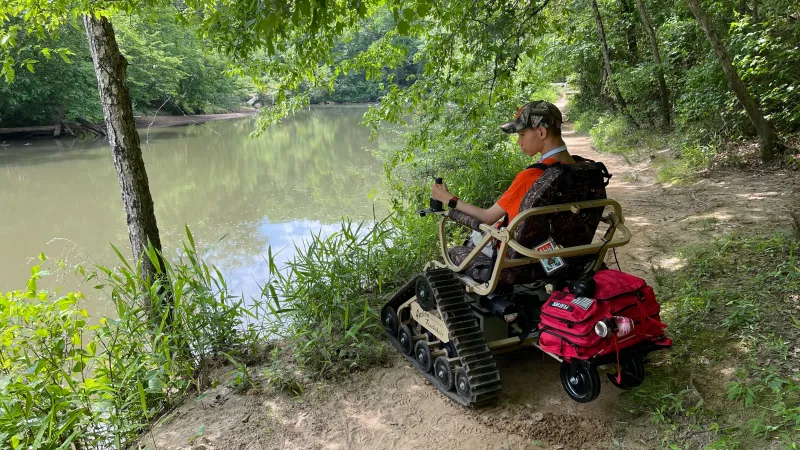Mosquito Proof Skin
Every year, mosquitoes are responsible for about 350 million human illnesses. Furthermore, a recent study found that light pollution might be extending the mosquito blood-feeding season.
While there are plenty of mosquito repellents out their, none of them work perfectly, (and some do not seem to work at all). So new solutions are always welcome, particularly natural ones.
Luckily, new research on bite protection has utilized a readily available natural molecule, cellulose, to create a product that reduced mosquito feeding on human skin by 80 percent.
When treated with sulfuric acid, cellulose, which is inexpensive and widely available from sources such as wood industry waste and local food and paper waste, forms nanocrystals. These cellulose nanocrystals (CNCs) form a strong and transparent barrier film.
When combined with water and a small amount of glycerol, these CNCs can be applied to the skin as a spray or gel to prevent mosquitoes from feeding through the skin.
Adult female mosquitoes require human or animal blood to produce eggs, so a significant reduction in this food source, particularly in densely populated areas, could positively impact mosquito population control.
CNCs and the effective barrier they create have also been developed for various “green” applications, such as soundproofing, removing dye from textiles, and manufacturing strong binders like superglue and composite materials as strong as bone.




